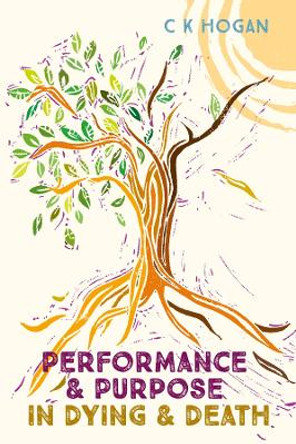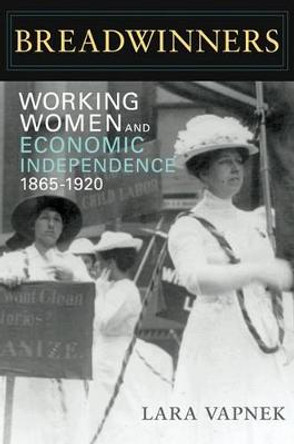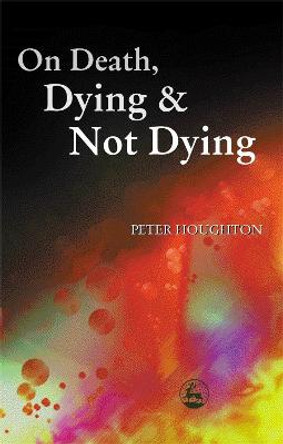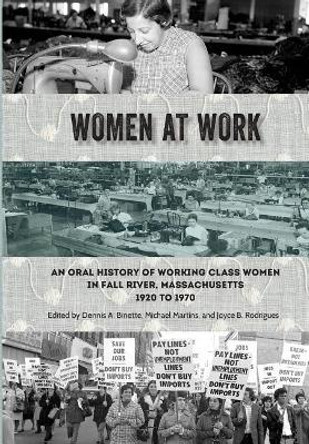Description
Drawing from an eclectic array of sources ranging from Andrew Carnegie to grave markers in Chicago's potter's field, Rosenow portrays the complex political, social, and cultural relationships that fueled the United States' industrial ascent. The result is an undertaking that adds emotional depth to existing history while challenging our understanding of modes of cultural transmission.
The inequalities surrounding the great equalizer
About the Author
Michael K. Rosenow is an assistant professor at the University of Central Arkansas.
Reviews
Herbert G. Gutman Award, Labor and Working-Class History Association (LAWCHA), 2009.
"Through portraits of industrial accidents, political funerals, and burial rituals, this compelling reinterpretation of working-class culture and the making of labor solidarity highlights how bodies in their gendered, class, and ethnic valences matter--in death as well as life."--Eileen Boris, Hull Professor of Feminist Studies, University of California, Santa Barbara
"A tantalizing and well-researched glimpse into the rituals of death for workers whose lives held little value outside their own communities in industrializing America."--Annals of Iowa
"Rosenow is to be congratulated on his mastery of diverse literatures and his rigorous argument. Death and Dying in the Working Class, 1865-1920 demonstrates that wageworker's rituals--and the industrial violence that engendered them--were foundational to the formation of working-class identities and organizations."--American Historical Review
"In his thoughtfully conceived and clearly developed study, Michael K. Rosenow shows that in death as in life, American workers existed on anything but a level playing field."--The Journal of American History
"For scholars seeking insight into the formation of class identity among the industrial workforce and an intellectually creative use of methodologies to examine the links between religion, ethnicity, and class, Rosenow's study provides an evocative study of social transformation as well as introducing a rich field for further research."--H-Net
"This award-winning book (it won the Herbert G. Gutman Prize from the Labor and Working Class History Association) helps us understand the complex ways the working class has responded to death on the job and expands our notions of American ways of caring for-and about-the dead."--Journal of Social History
"Rosenow's book offers rich insight into how the working class of the early twentieth century approached death within their historical and situational context."--Working USA
"Engaging, thoughtful, and very readable . . . It adds to our knowledge of how Americans responded to the changes brought by industrialization in the second half of the nineteenth century."--Robert V. Wells, author of Life Flows On in Endless Song: Folk Songs and American History
"Rosenow usefully extends a now-rich literature on American memorial practices to the northern industrial working classes from the Civil War to World War I. . . . This pioneering study deserves wide attention."--Leon Fink, author of Sweatshops at Sea: Merchant Seamen in the World's First Globalized Industry, from 1812 to the Present
Awards
Winner of
Book Information
ISBN 9780252080715
Author Michael K. Rosenow
Format Paperback
Page Count 248
Imprint University of Illinois Press
Publisher University of Illinois Press
Weight(grams) 399g
Dimensions(mm) 229mm * 152mm * 36mm










